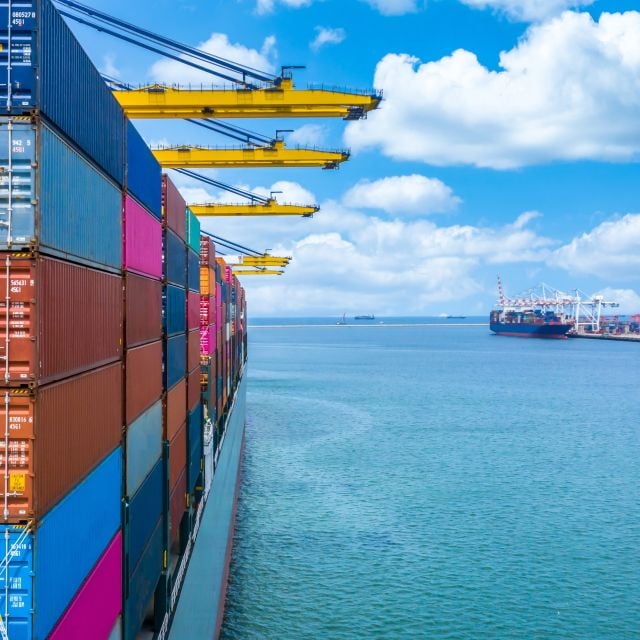Vasilis Pappas is featured on Lexpert discussing how legal disputes arising from infrastructure projects continue to veer more toward arbitration than litigation.
Vasilis says internationally, arbitration has been the primary method of dispute resolution in infrastructure construction projects for decades and that the shift has occurred more recently in Canada. He says, “We’re seeing that the vast majority of large, complex construction disputes and infrastructure disputes are being resolved by way of arbitration rather than traditional court litigation, to the point where, I would say, it’s actually quite unusual for a big construction dispute to go to court rather than arbitration these days.”
He says arbitration is better suited to disputes in the infrastructure space and clients prefer it because they want prompt resolutions. Arbitration can be much quicker and has either limited appeal rights or none. As well, parties are entitled to select the arbitrator and can choose one with expertise in the area. While all disputes have unique complexities, he says, construction disputes are particularly complex. They often involve complicated engineering issues, and delay-related concerns can require numerous experts to provide things like “critical path-delay analyses.”
Another advantage, says Vasilis, is that arbitral awards are enforceable in most of the world because of an international constellation of treaties. The New York Convention, also known as the Convention on the Recognition and Enforcement of Foreign Arbitral Awards, has 168 country signatories.
But the trend toward arbitration does have a downside, he adds. One of the advantages for clients is that they occur confidentially, but that means awards are not in the public domain, which stifles the development of the law. Arbitration institutions are beginning to try to change that, he says. They are now including an intention to publish awards in their rules, although those will be anonymized.
The full article can be found on the Lexpert website.





















